
Low-Carb Cultured Foods
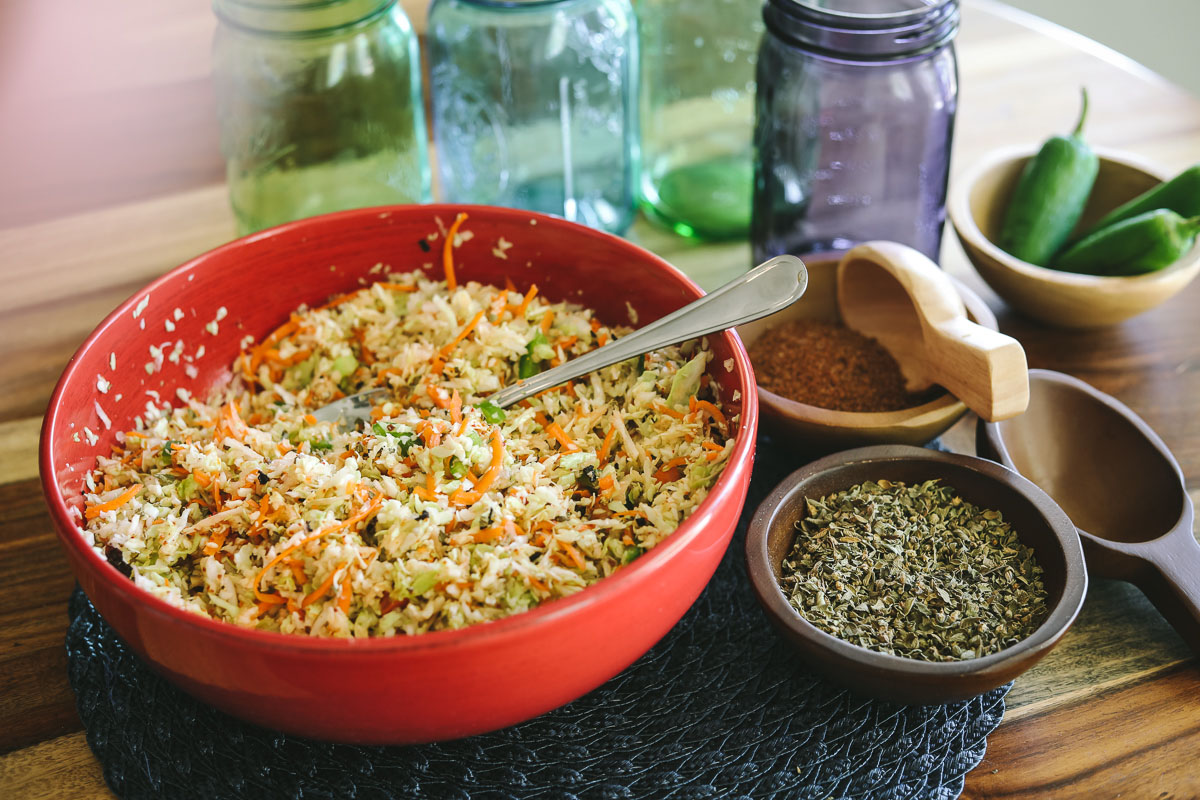
Low carb and keto diets are very popular right now. I think we're all different, and what works for one doesn't always work for another which is why I love cultured foods. They fit into any diet be it keto, vegan, low carb, vegetarian, paleo, or raw food diet. These foods can be mostly condiments; or some of these foods, such as a kefir smoothie, can be a whole meal. You can always find a way to add cultured foods to your diet, and sometimes you only need a spoonful to flood your body with billions of probiotics that change your microbiome in a powerful way.
A lot of people have been asking me if they can have these foods if they're on a lower carb diet. The answer is yes, and there is a good reason to do so!!!
Fermenting Lowers The Sugars in Foods
The Wonders of Fermentation
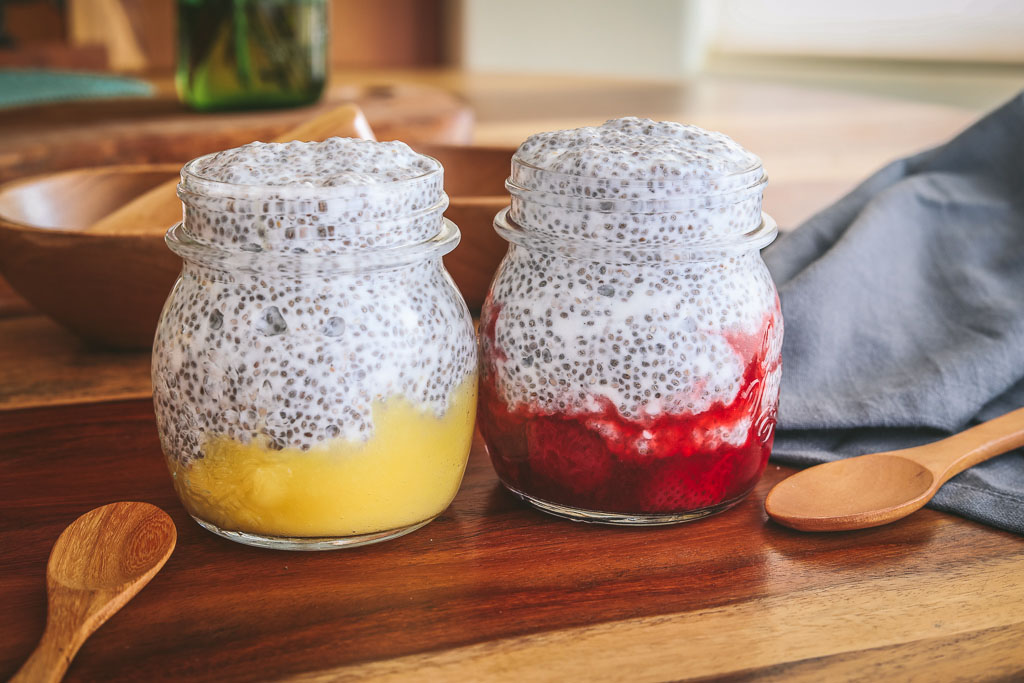 When you ferment your foods, the billions of microbes eat and consume the carbohydrates in the food. So, for instance, the microbes eat all the lactose in milk kefir making the milk kefir 99.9% lactose-free. The same goes for veggies, kombucha, water kefir, and sourdough bread. The microbes use the sugars, veggies, and wheat as a food source and convert them to lactic acid, carbon dioxide, and more bacteria. Culturing, or fermentation (both words mean the same thing), will lower the dietary carbohydrate levels found in various foods.
When you ferment your foods, the billions of microbes eat and consume the carbohydrates in the food. So, for instance, the microbes eat all the lactose in milk kefir making the milk kefir 99.9% lactose-free. The same goes for veggies, kombucha, water kefir, and sourdough bread. The microbes use the sugars, veggies, and wheat as a food source and convert them to lactic acid, carbon dioxide, and more bacteria. Culturing, or fermentation (both words mean the same thing), will lower the dietary carbohydrate levels found in various foods.
The longer the fermentation time, the more carbohydrates get eaten up by the organisms, the more sour the ferment, and the lower the dietary carbohydrate count. However, it's not good to let them ferment for too long since this will diminish the probiotics in them as the bacteria run out of food to eat. I always culture my kefir for 24 hours and kombucha until I no longer taste any sweetness. Veggies are usually cultured for six days for krauts and three days for other types of veggies. When it comes to sourdough bread, they have a better blood sugar response than regular bread but are still higher in carbs for those following a low-carb diet. Water kefir is tricky since you have to properly ferment it to get all the sugars out. I would recommend a kefir soda starter over water kefir if you are following a low-carb diet. We have tested the kefir soda starter and the sugars are reduced by 85% in the first four days. The sugars will continue to reduce while in the refrigerator. If you don't taste any sweetness, you'll know the sugars are mostly gone. When you reculture with the soda as a starter it reduces the sugars faster since it is active and strong and cultures in about a day. Kombucha is very much the same in the amount of sugar and as long as it doesn't taste sweet you know the sugars are pretty much gone. It will assist the liver in detoxification and help you to lose weight. Drinking four to eight ounces a day is probably best.
So, by understanding how your food culture, you control the carbohydrates found in fermented foods and you can eat low carb while enjoying many different types of fermented foods.
To make fermented foods such as yogurt and kefir, the milk is inoculated with lactic acid bacteria. These bacteria use up almost all the milk sugar (called “lactose”) and convert it into lactic acid. It is this lactic acid that curdles the milk and gives that sour taste to the product. So, the milk sugars that the government thinks are still in the product are actually gone. It’s been converted by these lactose-loving bacteria. Since these bacteria have “eaten” most of the milk sugar by the time you buy it (or make it yourself) there are not many carbohydrates left. It is the lactic acid that is counted as a carbohydrate.
Therefore, you can eat up to a cup of plain yogurt, buttermilk, or kefir and only count one to four grams of carbohydrates. Dr. Jack Goldberg of GO-Diet has measured this in his own laboratory. Kefir is 99% lactose-free, which means all the milk sugars (lactose) are mostly gone. This is why so many lactose-intolerant people don’t have a problem with kefir. Most commercial yogurts contain about four grams of carbohydrates. Since our yogurts, like L. reuteri and L. gasseri, are cultured for 36 hours, the sugars will reduce to almost nothing. Kefir has about one gram since there are more bacteria in kefir to eat up the lactose, and it cultures for 24 hours. The more sour tasting, the less sugars will be present. The sour taste means the lactose is gone.
Keeping The Mucosal Lining Intact
 One of the most important things you can do when you're doing a low carb or keto diet is to make sure you keep feeding your trillions of microbes.
One of the most important things you can do when you're doing a low carb or keto diet is to make sure you keep feeding your trillions of microbes.
We all know fiber is good for digestive health, but new studies have revealed just how much gratitude we owe to roughage that we take for granted. Foods such as garlic, leeks, berries, fruits, nuts, and seeds all contain lots of soluble and insoluble fibers that we can’t digest (and often receive no calories from); but our bacteria can digest them, and they thrive, grow, and multiply to make our inner ecosystem a powerful force for good in our lives. It makes us happy, healthy, calm, and keeps us feeling fantastic. As the microbes grow from the fibrous food, they work to help fight against intestinal infections and keep the mucosal lining intact which keeps out pathogens.
According to a study now published online in the journal Cell, fiber deprivation causes the gut microbes in animal studies to begin to eat the mucus lining of their gut.1 If this deprivation is allowed to continue for too long, it will cause a complete erosion of the gut and may allow invading bacteria to infect the colon wall. Researchers said this finding could have implications for possible uses of fiber against the effects of digestive tract disorders. In fact, leading researcher Eric Martens explained in a recent statement, "The lesson we're learning from studying the interaction of fiber, gut microbes, and the intestinal barrier system is that if you don't feed them, they can eat you!"
When your microbes don’t have any food, this can cause the pH in your gut to shift. This shift can favor the growth of less healthy, negative endotoxin-producing gut bacteria such as Bacteroides and reduce the growth of positive bacteria that are “more healthy” for your gut. The American Gut Project states, “As pH shifts, prospects for opportunistic pathogens increase, as do opportunities for gram-negative bacteria like Bacteroides and Enterobacter. When you add this up – and a lot more shifts in the microbial ecology of the low-carb gut – you most certainly have a classic case of microbial dysbiosis – as the name implies, an imbalance. This dysbiosis can lead to issues associated with Inflammatory Bowel Disease, autoimmune disease, metabolic disorders, and so on.”
All in all, cultured foods are wonderful foods to add to your diet - especially if you are watching your carbs. They allow you to receive more nutrients from the foods you eat with them. Since cultured foods are predigested, they enhance nutrient absorption and make you feel full and nourished. I don't go a day without them!
Check out all the proper ways to ferment your cultured foods below. We also have a new eBook with more low carb recipes for Biotic Pro Members. Cultured Carb Conscious - See Below!
Eat your vegetables, nuts, seeds, and fiber. Your microbes need them!!
🥒🥦🍅 🌰
Low Carb Cultured Foods
Low Carb - Milk Kefir
When you ferment kefir for 24 hours, you reduce the sugars to almost zero. You can let it second ferment for an hour with some lemon or orange peel. This will further reduce the sugars, add more vitamins, give it a better flavor, and give you more probiotics.
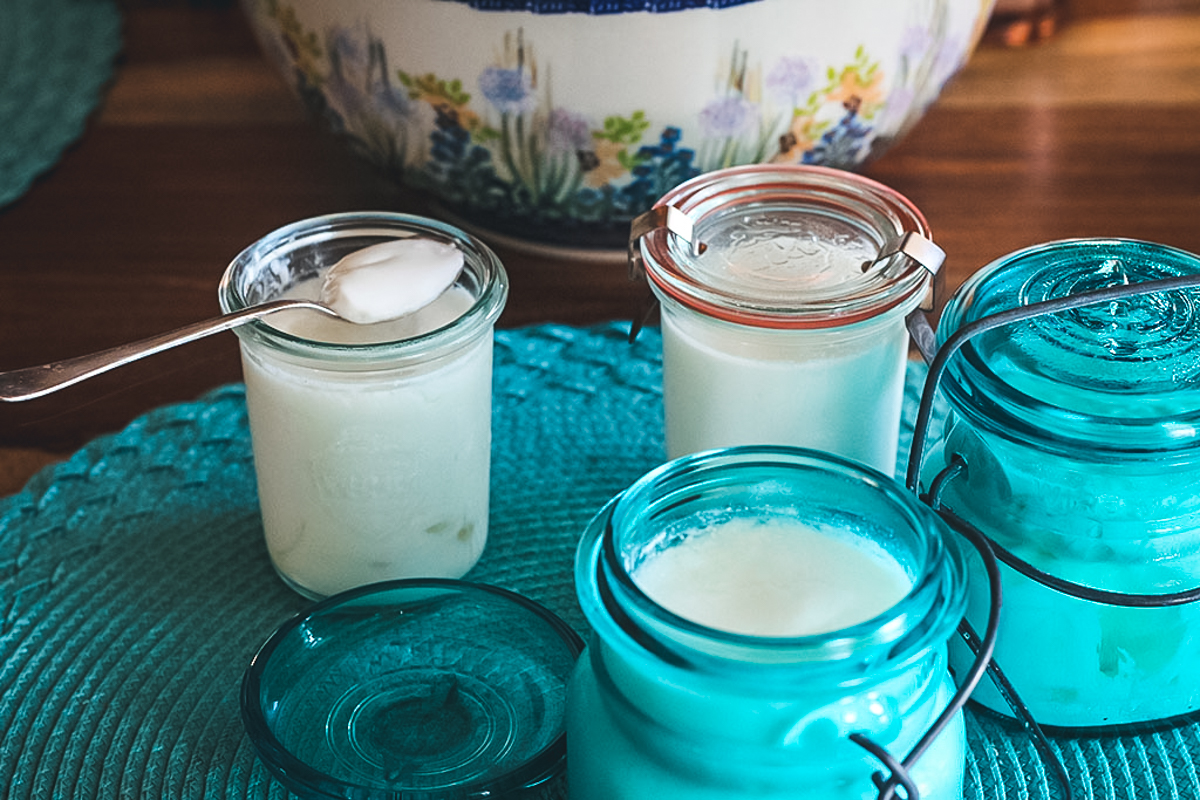
Low Carb - Yogurts
The bacteria in yogurt and kefir have “eaten” most of the milk sugars out of yogurt and kefir. By the time you buy it (or make it yourself), there are not many carbohydrates left unless they add more sugar to the product. It is the lactic acid which is counted as carbohydrates and looks alarmingly high. Most commercial yogurts contain about four grams of carbohydrates. Since our yogurts, like L. reuteri and L. gasseri, are cultured for 36 hours, the sugars will reduce to almost nothing. Kefir has about one carbohydrate since there are more bacteria in kefir to eat up the lactose. Make your own yogurt
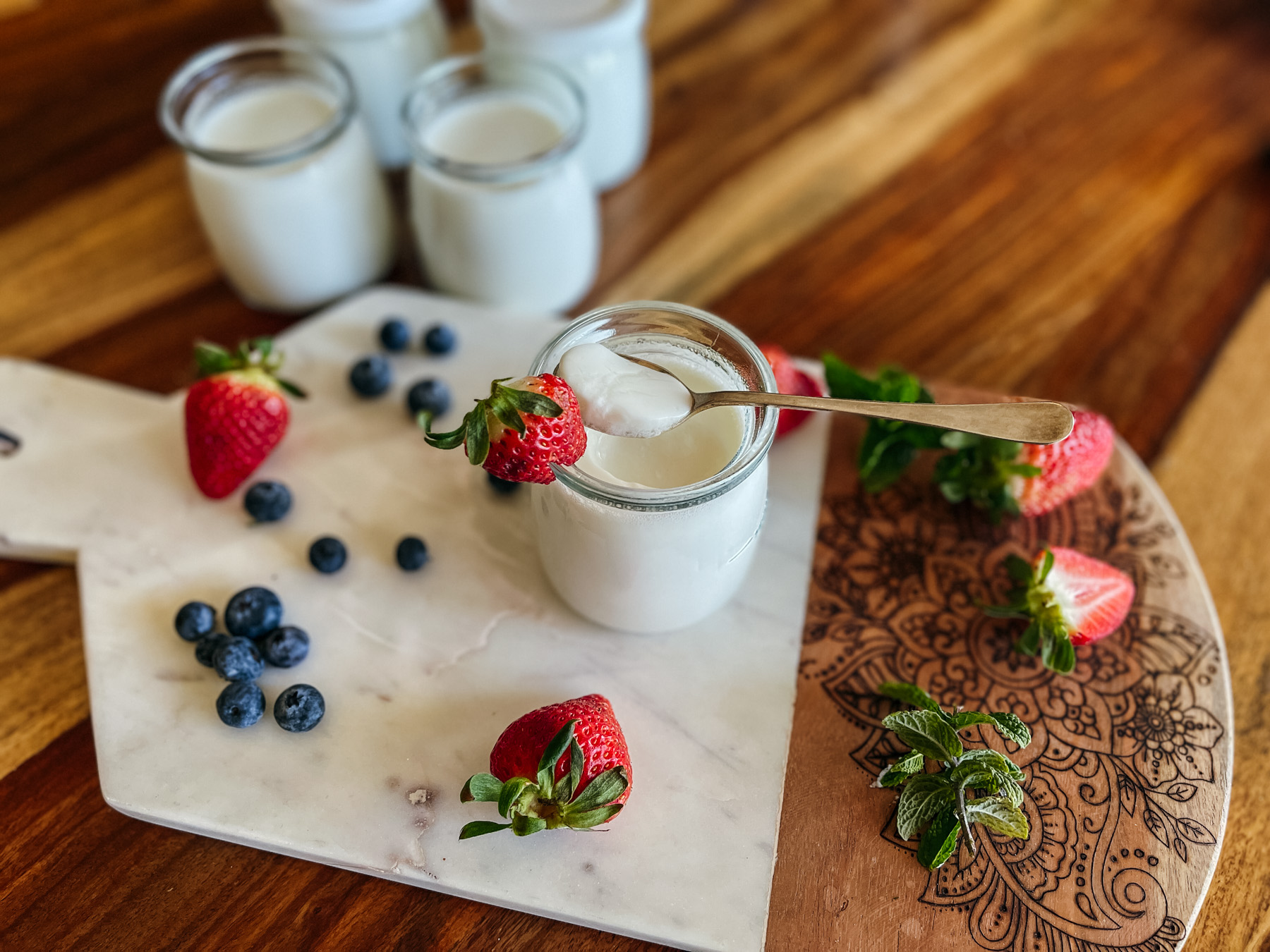
Low Carb - Cultured Veggies
Almost all cultured vegetables are low carb. You can tell by how tart they taste, which means that all or most of the sugars are gone.
This makes cultured veggies a great choice for those watching their carbs. Plus, they help curb your appetite and help you get more nutrients from the foods you eat with them.
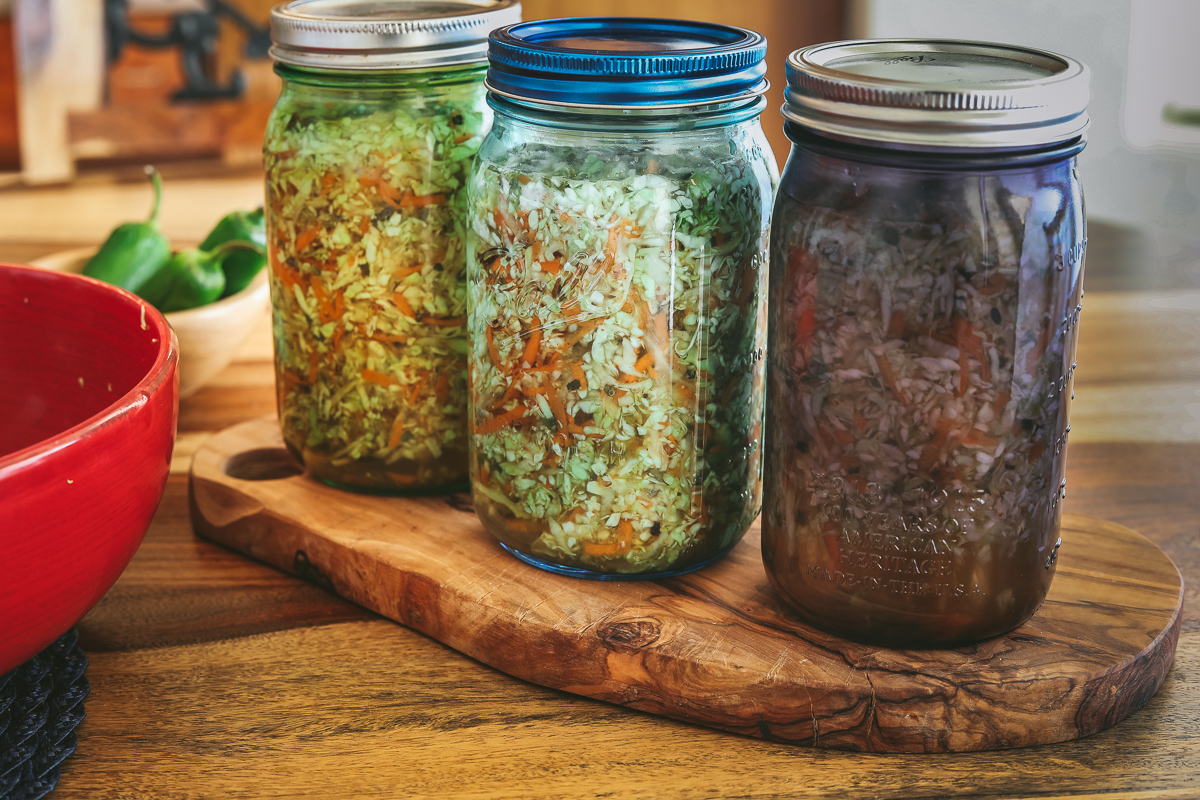
Low Carb - Kombucha
When making kombucha, allow it to ferment a bit longer making sure there is no hint of sweetness but rather a nice tangy taste. A second ferment will further reduce sugars and develop flavor, but make sure you use a second ferment recipe that doesn't use a lot of added sugars. Lemon Ginger is a good one - see the link below.

Low Carb - Kefir Sodas
Kefir soda is a fun and easy way to make a delcious, bubbly drink with very little sugar. The sugars are reduced during fermentation and you can create lots of fun flavors. You can make it with kefir whey or kefir soda starter. It has billions of probiotics and we tested the sugars on the kefir soda starter which can go almost to zero sugars when fermented properly. Check out both ways to make this great probiotic drink.
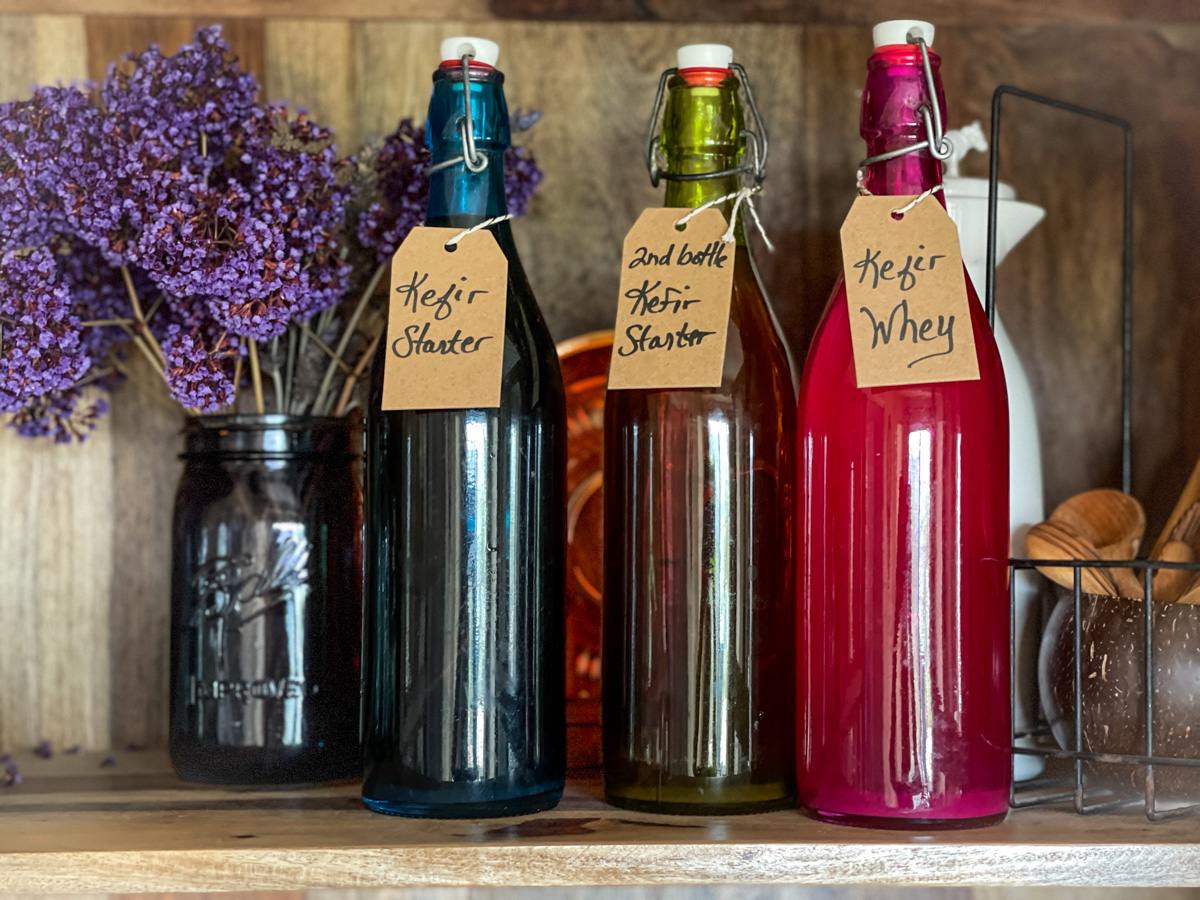
Cultured Carb Conscious eBook!
Members can download my Cultured Carb Conscious eBook through the end of August! This eBook has 65 delicious low-carb recipes, with the net carb count listed on each recipe! I hope this helps you to add cultured foods to your diet!
Listen To My Podcast
Cultured foods are naturally low in carbohydrates because of the microbes that eat the sugars out of the foods. They fit into any diet be it keto, vegan, low carb, vegetarian, paleo, or raw food diet and are very versatile. Learn how you can add them to your diet in an easy way.
Are you on the list?
Sign up today and I'll send you my free Getting Started Guide!
Each week I'll send you updates, tips, recipes, and more! You might even be a winner of my weekly giveaway! (starter cultures, memberships, and more!)
Come be a part of my cultured food family!



